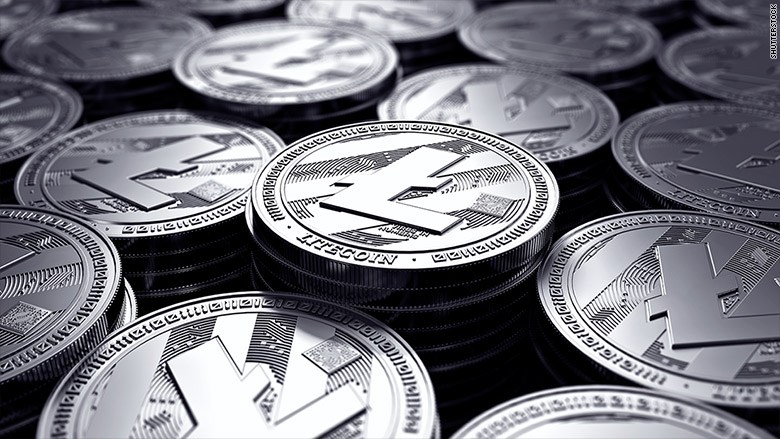Specialized computers and hardware do Litecoin mining. It serves two main purposes:
1) It secures the entire network and transaction processes.
2) New litecoins are reward to miners.
Litecoin Mining Hardware
Litecoin is designed to produce more coins at the faster rate. Like all cryptocurrencies, a government does not issue litecoin, which traditionally has been the entity that society trusts to issue cash.
The Litecoin mining industry is less developed than Bitcoin’s. ASICs—powerful computers designed to resolve Bitcoin’s proof of function—are obtainable for litecoin however tough to get. Because Litecoin uses a distinct proof of function Bitcoin, miners cannot mine litecoins. Because it’s attainable, as an example, to shop for a Bitcoin Antminer S7 ASIC on Amazon for $714. No such miners are obtainable for Litecoin. The best Litecoin mining hardware available for purchase is graphic cards, but they are not profitable. If you are, serious concerning mining litecoins, the simplest alternative is to easily mine bitcoins with hardware just like the Antminer S7 and convert the attained bitcoins to litecoin.
How Litecoin Mining Works

So, how does Litecoin mining secure the network? Like Bitcoin mining, Litecoin uses proof-of-work, that makes mining an expensive method in terms of each time and energy.
In order to send litecoins, transactions can be entitled throughout a block. Litecoin miners then verify these transactions through proof-of-work. If no double-spends were detected, the miners manufacture a block with new transactions and add it to Litecoins existing blockchain. Each new block is then sent to nodes on the network. The nodes use the miners’ work to continue to verify and transmit transactions across the network.
As mentioned earlier, litecoin mining requires vast amounts of time and electricity, which is not cheap. The block reward is paid to miners for every block mined, that provides associate degree incentive for miners to contribute their hashing power to the network.
What is the Blockchain?
The public blockchain is severally verified by anyone. No previous transactions are erased, and, likewise, no counterfeit or fraud transactions are created while not network agreement. Any attempt to change network rules would create a fork in the blockchain.














Leave a Reply